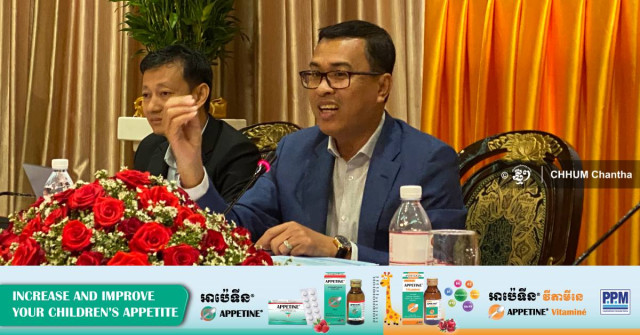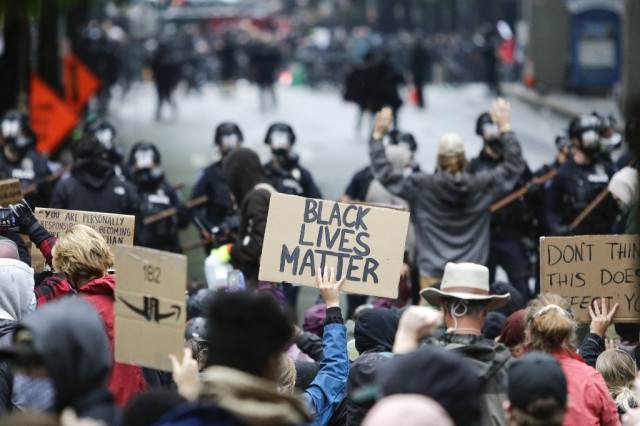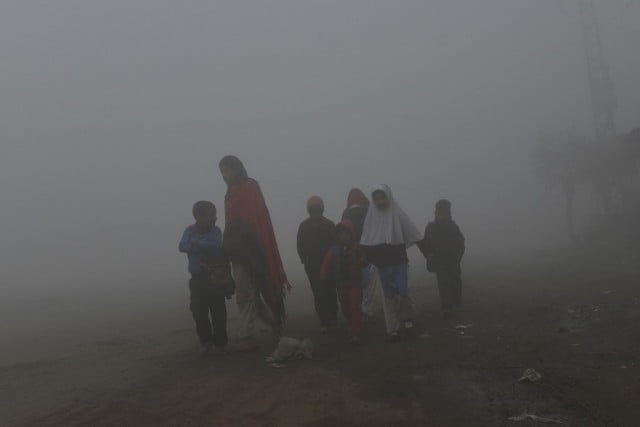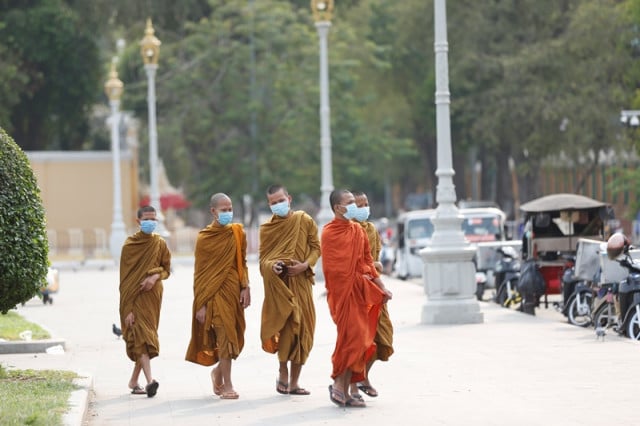$140 Million Earmarked for Poor Family Aid

- By Chhum Chantha
- April 3, 2024 3:20 PM
PHNOM PENH – The government has prepared around $140 million aid for families with ID-Poor cards.
The program will be effective from late April and includes cash for pregnant women and children under two, a scholarship program for primary and upper-secondary students, and aid for people with disabilities and for people aged 60 and older.
Chorn Narith, under-secretary of state of the Ministry of Economy and Finance, said on April 2 that the amount is smaller than the program during COVID-19 which was around $400 million per year.
“This new program aims to continue supporting people after the cash assistance during COVID-19 ended,” he said. “The social fund programs must go on despite the improvement of the pandemic.”
National Social Assistance Fund deputy director-general Chour Rattanak said the fund is reaching out to more than 14,500 villages across the country for registration from April 1 to April 20.
This aims to facilitate and encourage the families with ID poor card and whose members are categorized as vulnerable to register, avoiding the loss of these benefits.
Representatives of families with ID poor cards must register for the family, bringing the original card categorized as first level (absolute poverty) or second level (relative poverty) and the national ID.
In addition, people with a disability are required to bring the original form of disability ID issued by the Ministry of Social Affairs, Veterans and Youth Rehabilitation.
People aged 60 or older must also bring their birth certificate. People living with HIV/AIDS will be automatically registered after the information is provided by the family representative.
Prime Minister Hun Manet announced the program guidelines in December last year said and the Ministry of Economy and Finance and Ministry of Planning, and Ministry of Social Affairs, Veterans and Youth Rehabilitation would carry it out.
According to Rattanak, there were around 530,000 poor families, accounting for 2.6 million people, in 2020. The number reached nearly 800,000 families, or 3.5 million people, in late 2023.
“Holding a ID poor card doesn't mean that they will receive benefits immediately, because we have to assess what kind of program that is suitable for their situation or what programs that we can offer them,” Rattanak said.















